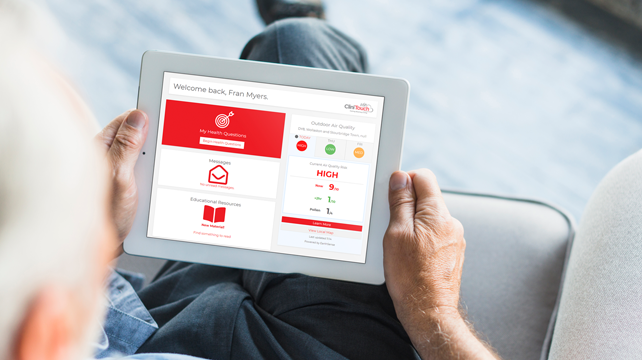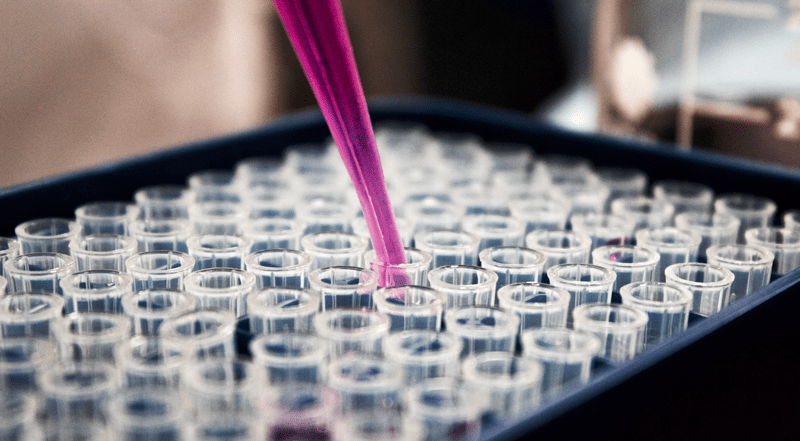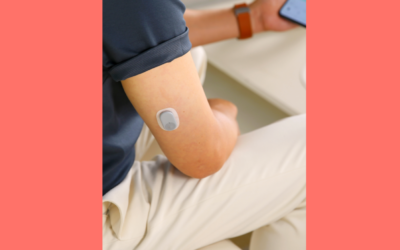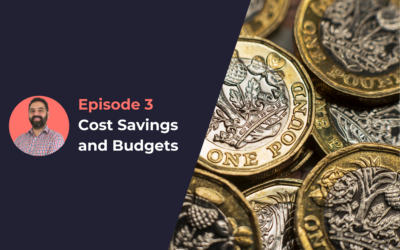By Sophie Davis-Cooper on July 29, 2021
In this article, we hear from Dr. Noel O’Kelly, Clinical Director, Spirit Health who is interviewed by David Southern, to help understand how general practice has been challenged to operate and deliver care as a result of the COVID-19 pandemic and how we adapt to the new landscape.
Dr Noel O’Kelly has worked as a GP in Lincolnshire for over 30 years. An Associate Medical Director of a large community health trust, Noel also shares his knowledge at the University of Lincoln as an Honorary Senior Lecturer. Noel recently joined the Spirit Health team in the role of Clinical Director.
With over 20 years’ experience in the industry, David has worked as an Associate Commercial Director of an acute trust, a commissioner, and Head of NHS Strategy for a pharmaceutical company.
“The Covid-19 pandemic has the potential to change general practice radically and permanently”.[1]
Royal College of General Practitioners
The Impact of COVID-19 and Technological Advances
David began the interview asking Noel how the pandemic has affected his line of work.
Noel noted big changes in three clinical areas:
- Clinicians are conducting a larger number of video call consultations with patients when it is appropriate to do so. The default for GPs in the COVID-19 period has been for them to interact with their patients via telephone or video consultations in the first instance. Thus, the number of face-to-face consultations have been dramatically reduced. This could herald the new norm. The benefits have been for both patients, GPs and clinicians providing faster access in a safe way. Patients can be managed in the safety of their own home and GPs and clinicians are able to manage consultations far more efficiently.
- Noel’s GP practice is managing its care home patients through remote monitoring technology, CliniTouch Vie (CTV). This helps protect the most vulnerable residents and enables the clinicians to make regular checks and flag any concerns. CliniTouch Vie also connects the residents with nurses and GPs through video calls. CTV has helped to reduce time taken to carry out a home round check up by up to 60-70%. Previously Noel would take a whole session out to do a home round at his care home and now he is able to provide virtual home rounds in just 40-50 mins.
- The specialist respiratory and heart failure teams at the Trust, at which he was an AMD, have placed almost all of their caseload patients onto CliniTouch Vie so that they can be monitored at home. Again, this is safer for the patients and helps the nurses detect and flag any issues.
Noel stated that the results and response to the technology has been very positive so far.
“Patient acceptability has been off the charts”.
Dr. Noel O’Kelly

New ways of thinking
COVID-19 has been a terrible disease and affected us all in many ways. However, it has also heralded new thinking in the way we deliver healthcare, utilising technology within care settings. One of the few upsides to the pandemic is how it’s pushed healthcare providers to adapt to these new ways of delivering care. Considering that the pandemic may be with us for another 18 months to two years, it is crucial that health organisations and clinicians consolidate their work to make sure healthcare is changed for the better.
“This has been a real catalyst of change for us, for healthcare and for our patients…As bad as this pandemic is, it gives us hope that we will be able to manage our patients safely and efficiently.”
Dr. Noel O’Kelly
Has healthcare changed forever?
David went on to ask Noel if he believes healthcare will take a step backwards after the pandemic. Noel noted that healthcare providers have been tasked to restore services over the next 18 months but then they should look for new opportunities even in a ‘NOVID’ world (post-COVID).
He reiterated that although the rise of COVID-19 has had terrible effects on society, it has engineered massive change which will impact how healthcare is delivered in future.
“I don’t think we’ll ever go back to the way things were…I think we’re in a new world, and in a way, that’s quite exciting.”
Dr. Noel O’Kelly

The Challenge
Noel highlighted some of the key obstacles that will need to be dealt with for the NHS to embrace new technology on a more permanent basis. Organisations and clinicians need to have access to the right tools that facilitate digital healthcare, as well as a robust IT architecture in place within our nation.
This is supported by the Royal College of General Practitioners in their recent publication:
“Digital technology to aid remote monitoring and self-care is a fast-moving landscape… In order to facilitate and expand remote monitoring of health conditions, we will need significant investment in digital telecare tools and training for both staff and patients to use these tools.”[1]
Royal College of General Practitioners
Anecdotally, it is known that many people have issues with accessing the internet which is an essential ingredient for effective digital healthcare. Thus, there is an urgency to improve the nation’s connectivity over this period.
Despite these challenges, Noel believes that the general public and clinicians are capable of adapting to this new way of delivering healthcare.
“Much the way that ordinary people have adopted social media to connect, I think health is coming along in that revolution as well, which is very exciting for our patients and for our staff as well.”
Dr. Noel O’Kelly
Enhancing research
Noel mentioned another benefit to digital healthcare is its ability to improve the research into the impact drugs and interventions have on patients.
“…it increases access to patients in a real-world situation which is phenomenal.”
Dr. Noel O’Kelly
Quite often clinical trials are highly selective, which does not reflect the reality of patients’ conditions and the medications they take. Digital healthcare can connect clinicians to patients on a more regular basis, improving efficiency and enabling them to collect a greater amount of higher quality data. This will help healthcare providers model the most effective treatments for patients based on the data collected.

A Closer Look at Respiratory Patients
Since Noel has specialist knowledge in respiratory conditions, David asked how health technology has worked for his respiratory patients and how they have benefitted.
As part of a National ‘Aging Well’ Accelerator Site, Noel’s previous community Trust were able to secure funding to help them create the capacity for their specialist nurses to see more patients safely. They are currently deploying Spirit Health technology, CliniTouch Vie, to help manage their caseloads. Noel remarked that the staff were very excited to use the new technology and patients have been happy to use it so far.
“…patients are very happy with it – it makes them feel safe and secure.”
Dr. Noel O’Kelly
He added that, especially for patients with Heart Failure and COPD, feelings of uncertainty and anxiety can often lead them to access healthcare that may not be necessary. With the use of remote monitoring, the patients are connected to their clinicians at all times, which can significantly reduce anxiety and thus help clinicians manage more patients.
The Future
Pandemic aside, digital technology holds many great opportunities for improving the way healthcare is delivered while saving significant time and costs for the NHS. As Noel highlighted, healthcare is experiencing a revolution much like the rise of social media and, hopefully, more people will have easier access to healthcare as we become a more connected nation.
Sources


